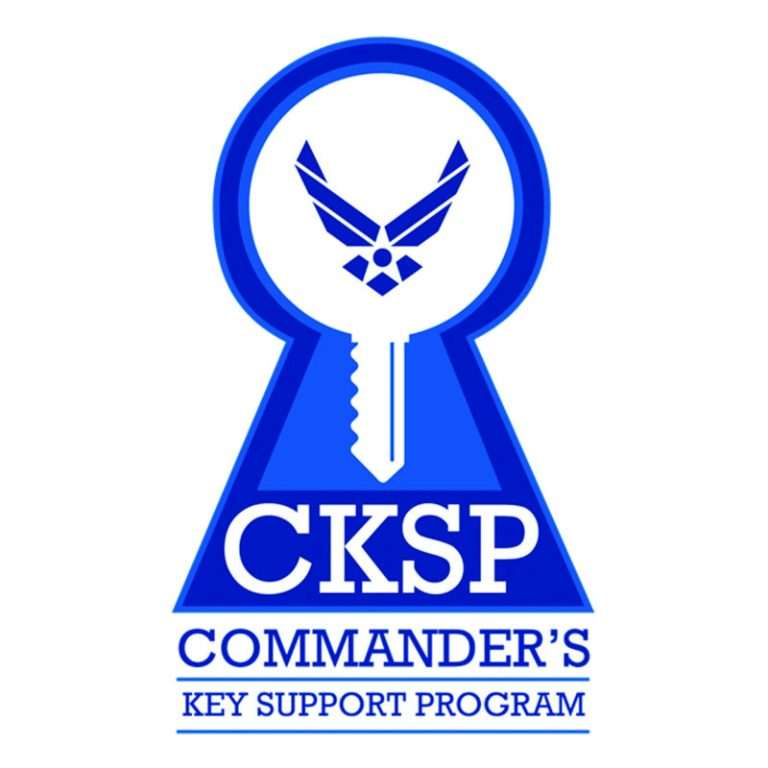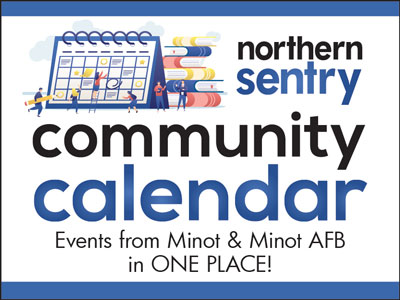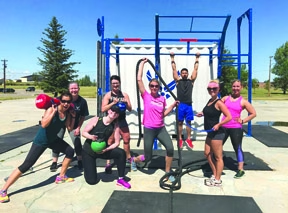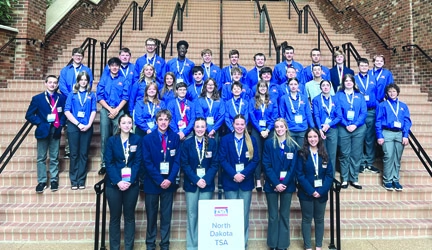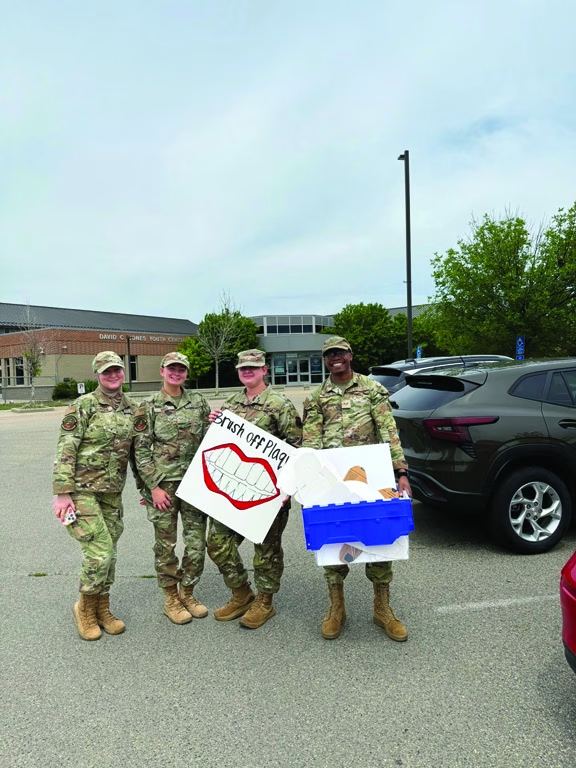Service members have many resources such as their First Sergeants or direct supervisors available to them if they have questions about life in the Air Force, but what resources are available to their families? The Key Support Liaison Program, which was previously known as the Key Spouse Program, is one of the main avenues for questions made available to military spouses and families dating back to 2009. The Key Support Liaison Program is a Commander driven program which partners with the Military and Family Readiness Center. Spouses or family members might reach out to their Key Support Liaison for information and resources, communication with leadership, squadron connection and emergency support.
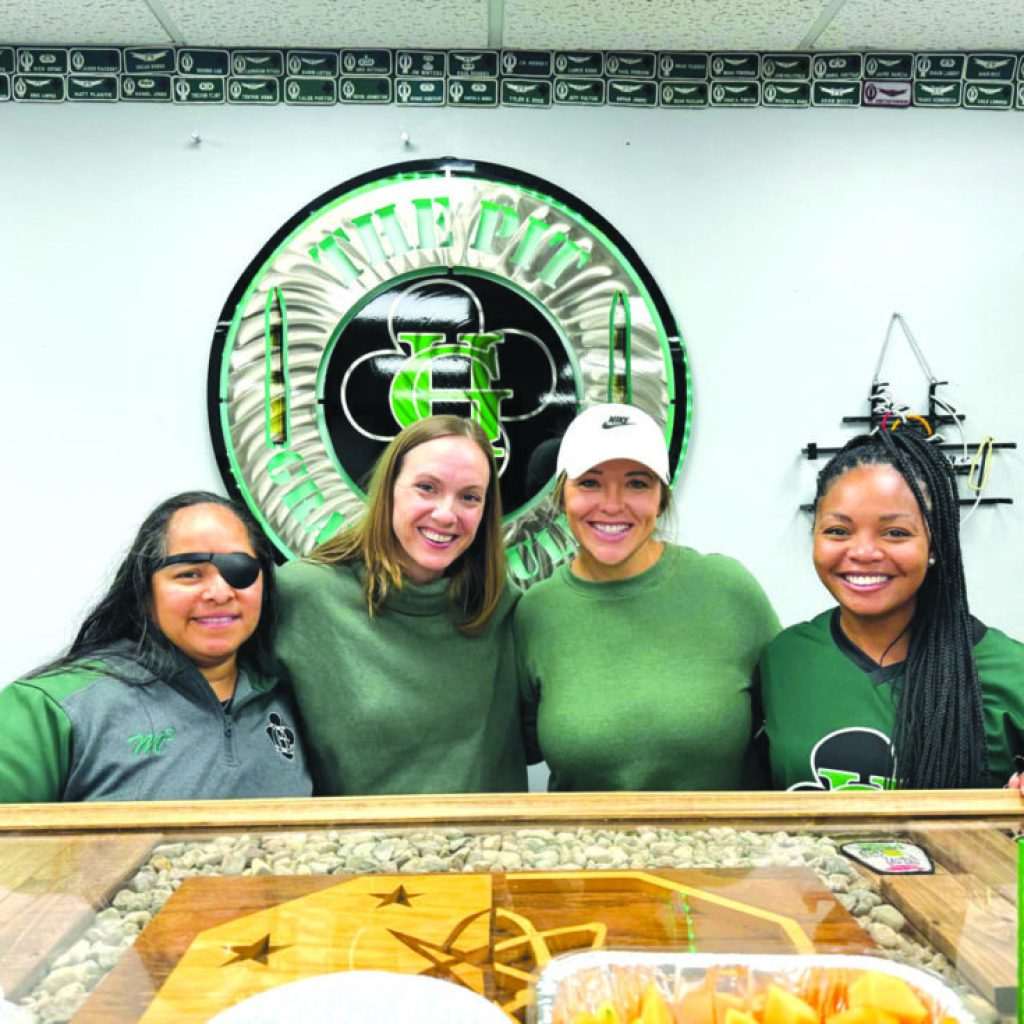
The KSL program is built solely on volunteers who are vetted and assigned by a specific squadron commander. Historically, only military spouses were able to volunteer for the program, but one of the major changes of the 2024 rebranding of the program is the ability for Airmen, Guardians, federal employees and family of Active Duty members to volunteer for the program. According to the Air Force Personnel Center, “Active Duty members and federal civilians who would like to volunteer may do so as long as volunteer duties do not conflict with primary responsibilities”. Monica Schlabach 91 Missile Wing Key Support Liaison Mentor shared her excitement on the new change, “I am looking forward to these new volunteers, I think the greater diversity will make the program better”.
A spouse can contact their Key Support Liaison by reaching out to the Military and Family Readiness Center and speak with Technical Sergeant Christine Cherry, who is the program manager at 701-723-3950. As the Key Support Liaison Program Manager, TSgt Cherry ensures all appointed KSLs are properly trained and have knowledge of the installation and resources available.
Unfortunately, some squadrons do not have any KSLs as it is a program based solely on the availability and determination of volunteers. Legally, the Air Force cannot make anyone volunteer for the position. The KSL role is a rewarding way to help squadron spouses and military members navigate their military journey. If people are wanting to volunteer, they should communicate with the Squadron Commander for more information.
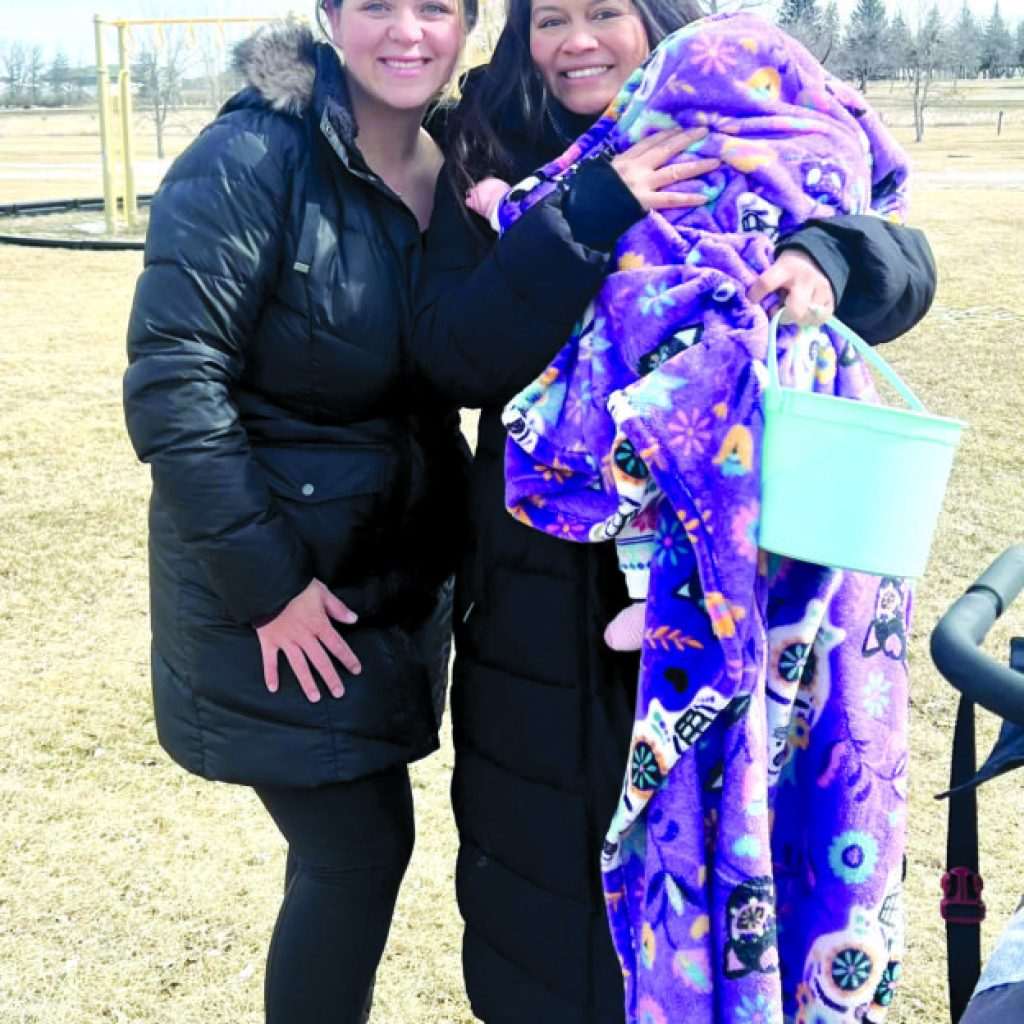
The rebranding of the program is one that was much needed as the program has not always had a positive implication with spouses within the Air Force. According to Gina Allvin, the spouse of the Air Force Chief of Staff, “Our goal is to create a culture where support programs are ready to surge when needed. When service members and their families understand the resources available to them, it makes navigating challenging times easier for the entire base community.”
Karlee Tillery, a spouse with the 91st Missile Security Forces Squadron shared her experience with the Key Support Program in Misawa Japan, “As a new military spouse I had no idea what we were doing, a Key Support Liaison reached out to me via Facebook Messenger and gave me tips on PCS travel and ensured we had someone to reach out to incase we needed anything. [It] made me feel welcomed. I feel like she made my outlook of the Air Force a very positive one, considering we were brand new to the military and freshly married being away from home with no friends or family nearby.”
Although the KSL program aims to support and assist spouses, it has had growing pains and there are still challenges, even with the new re-brand. Everyone’s experience with the Key Support Liaison program might be different. Lack of any funding and lack of communication between family members and the unit are some of the main roadblocks of the program. For funding small projects, many KSLs rely on the squadron’s booster club because they are not allowed to fundraise themselves. Additionally, communication with families from a Key Support Liaison will occur only if the military member provides the unit with their spouse’s contact information or if the spouse reaches out to the KSL themselves.
Although the program has challenges to work through, the new re-brand from Key Spouse to Key Support Liaison is determined to face these head on and be even more dedicated to serving Air Force spouses with volunteerism. Minot Air Force Base is not a typical Air Force base and can sometimes feel very isolated. Knowing your Key Support Liaison is important to build connectedness and have someone that you know you can count on in case something arises such as an emergency when your spouse is at work, needing assistance with base housing issues, squadron or installation events. The Key Support Liaisons across the base are there to assist you and are prepared to do so.

